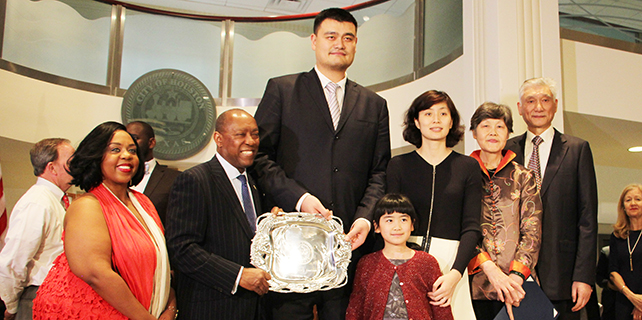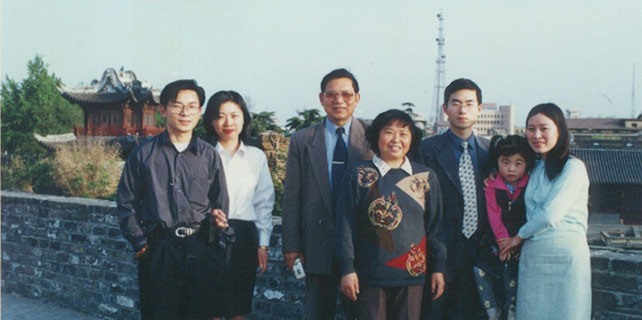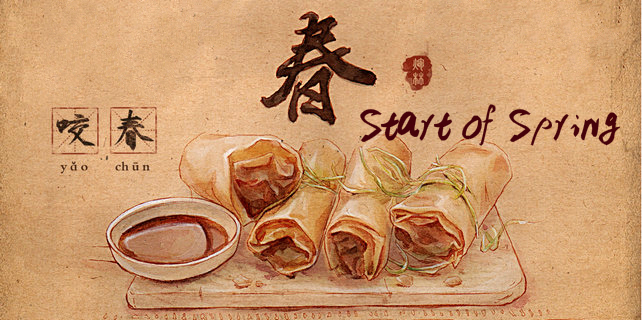A Meaningful Exchange
Many weeks ago, a high school principal in Shaanxi province caused an uproar when he told the graduating class that their parents should make a donation of hundreds of yuan to the school, an incident which makes full use of the various meanings of "meaning". According to local media, the principal framed his request as, "the teachers have toiled on your behalf for three years, so why don't you ?" Students and parents who saw this for the money-grab it was, however, retorted that the principal was - that is, he betrayed the social contract between them, by which the educator is supposed to selflessly educate the student and model good social behavior.
Other uses:
You thought that was all? Actually, the above joke and Shaanxi donation scandal only grazes the surface of everything you could use "meaning" to mean (or not mean). For example, there is the phrase (zhn mi ysi, literally "really meaningless"), which is similar to the version of that the boss uses in the joke. It expresses the feeling that someone didn't consider you as good a friend as you considered them, hence they're being overly polite or distant toward you. It can be used either as an actual complaint or in a complimentary way, as in telling someone that they don't have to be so kind.
The expression (ho ysi, literally, "easy to mean") is essentially the opposite of , signifying a complete lack of embarrassment. You use it to express your displeasure and outrage that someone is crass enough to do a certain impolite, dishonest, or just generally shocking thing, such as ? (Shje shng nme du rn mi fn ch, n hi ho ysi lngfi lingshi. "There are so many starving people in the world, you're not embarrassed to waste food?").
can also refer to certain trends or signs that something is about to happen, and in this case it's not just people who can "have meaning". For example, (Tan yn le, yu danr yo xiy de ysi . The sky has darkened, maybe it means to rain.)
Finally, there's another use of (yu ysi, "to have meaning"), only in this instance you don't say that someone else "has meaning" (i.e. is interesting), but that one person "has meaning" toward another person.
Just to make things more difficult, all of these phrases with "meaning" in them can change their meaning slightly depending on who is speaking to whom and in what social context - such as we saw with the difference between in the joke and in the Shaanxi scandal. Another way to look at it is that "meaning", literally, is the cue that forces you to look into the context, politeness register and intentions imbedded in your conversation.
Courtesy of The World of Chinese, www.theworldofchinese.com
















